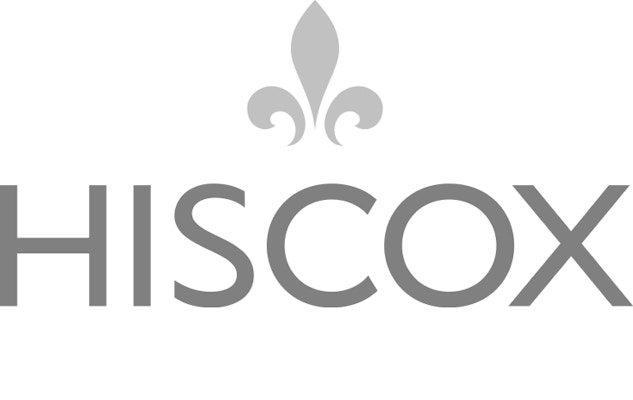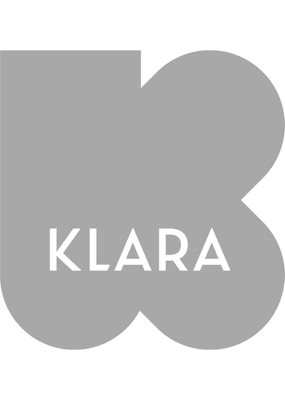In 2020, during documenta 15 in Kassel, the collective made and presented 1,200 cardboard puppets as part of the presentation of their practice, for which they have been learning from and collaborating with diverse communities for more than 20 years. Taring Padi also used documenta 15 as a platform to campaign on issues of diversity and tolerance and build an international solidarity network.
The art collective Taring Padi was founded in 1998 in Yogyakarta, Indonesia, by a group of progressive art students and activists in response to upheavals during the reform era. Consequently, Taring Padi's artistic practice is always part of socio-political and cultural actions and is in solidarity with a wide range of communities and social movements. Their work focuses on diverse issues such as anti-militarism and neoliberalism; human rights violations, gender equality; environment and social justice, and are expressed through collective works in the form of woodcut posters, large-format banners, cardboard dolls, music, carnival and other progressive art actions.Why cardboard dolls?
In Indonesian culture, it is traditional to tell stories through puppetry. Taring Padi uses cardboard puppets as a pragmatic and interactive medium to support activist groups in their struggle against social injustice in their communities. Yustoni Voluntero (1970-2018), one of the founders of Taring Padi, added the ideological element: the cardboard puppet that takes Javanese highbrow art to a grassroots level while maintaining its communicative and entertainment quality.
Cardboard puppets have the advantage of being cheap and light, made of recycled materials and easily available. These are crucial factors for reaching many participants. Although they are not resistant to water and heat, their volatile nature is consistent with their purpose: to organise, teach and express artistic ideas. The cardboard doll becomes the physical manifestation in specific issues: from anti-militarism, anti-corruption, colonisation, environmental destruction, gender equality, LGBTQIA+ rights, human rights, 1965 Indonesian mass killings, anti-racism, the shelter crisis, indigenous populations, religious freedom, education for all, Papua, anti-fascism, pandemic to solidarity with victims of violence in Palestine and Myanmar.
This workshop was a collaboration between KASK Lectures, the Master seminar "Film Units and Artists Collectives" olv Mohanad Alyacoubi and Nomadic School of Arts.
7.Apr.23
Category:
Zaal 1














